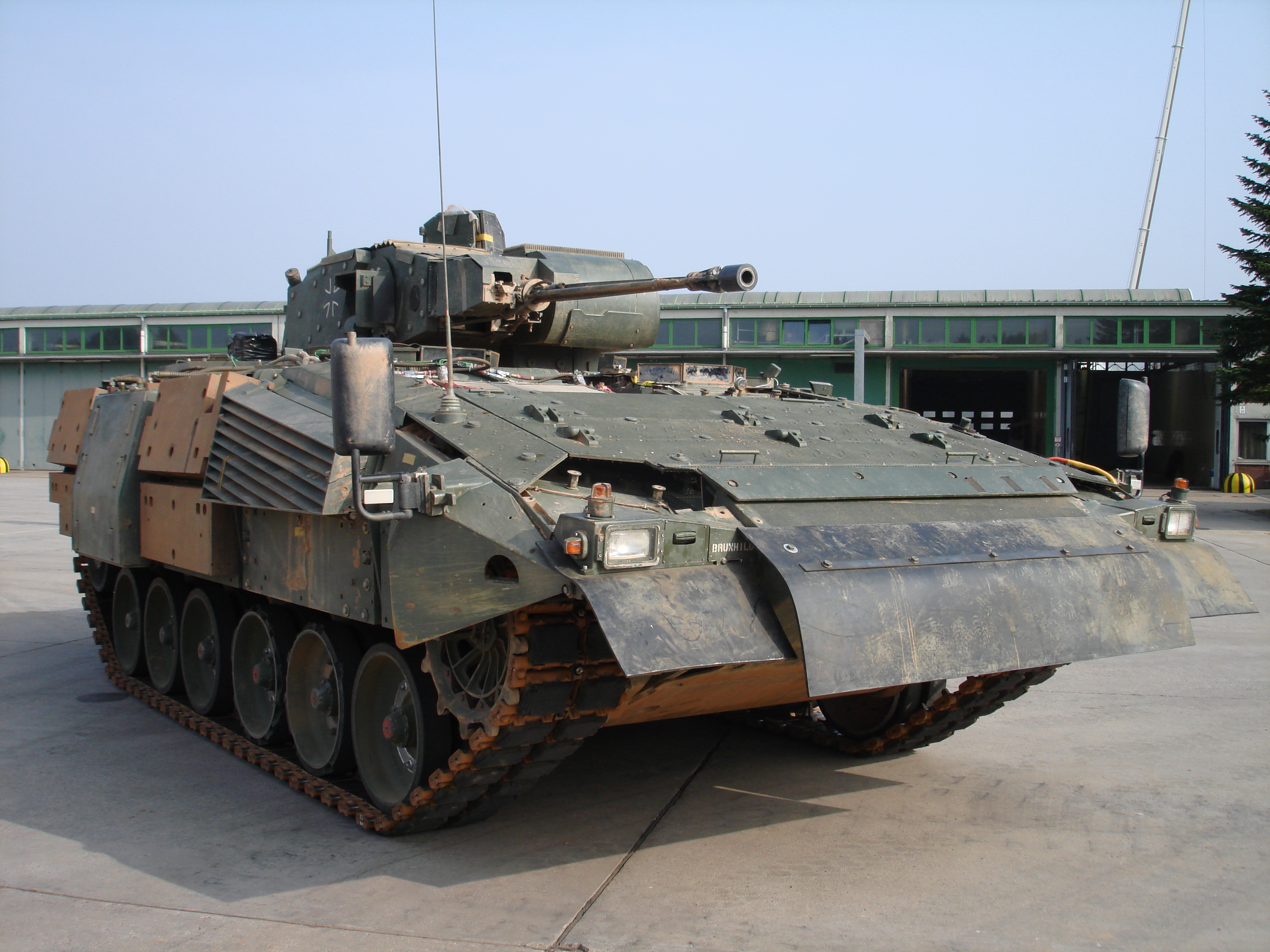Friend
New Member
- Joined
- Mar 31, 2010
- Messages
- 31
- Likes
- 3
AgreedSorry, I disagree with your overall assessment and statement of "shoddy stuff". Let me paste what I typed some days back here:
I present to you, the fact that DRDO has always been an incompetent and useless organization with a terrible work culture and horrible pay. It is a bloodsucking PSU, with typical Babu culture. Their track record is shitty, they have always overpromised and underdelivered. All talk of "DRDOs future plans" is bunkum, since they cannot deliver even 10% of what they promise on time and within budget.
Disagree. If the inflation in wage and price are controlled when the stable growth is reached, this disparity should end.As far as increasing salaries and benefits are concerned, lets get one thing clear - these government PSUs will never be able to match the private sector, and I don't expect them to do that anytime.
Privatization would be wonderful for our technological advancement. But, there would be some setbacks which need to be very cautiously handled. Too much of privatization of defence would create some very powerful 'persons' who wish to do business in billions. This would make them prone to wrongly influence the policies for the use of its products, which may be devastating.So what is the solution? The solution is to open the defence manufacturing and R&D industry to private participation. Why does the US have such power? It is because of their GEs and Haliburtons and Lockheeds and Boeings and Raytheons. We ought to let our own military industrial complex flourish in a similar fashion. We will never be a great power till we let that happen.
Agree. But, we need to differenciate between military and non-military sectors. The main difference is that military sector and non-military sectors is that military procurements are somewhat insulated from public accountability norms. We need to be very careful in this regard.Open your eyes friends, look around you. All industries in India which have been opened to private participation have flourished - aviation, telecommunication, insurance, software... on the other hand, everything which still has a government monopoly is still the same as it was decades back.
There are ways to inculcate accountability in DRDO. Probably by introducing competancy based promotions, strong leadership, and surveillance by the RAW.I still have hopeStop asking for our tax money to go down the drain by suggesting more salary, more benefit and more budget for DRDO. They can never match up to private industry anyway, and they won't deliver in any case. Start demanding the opening up of the manufacturing sector for private investment, lets build our own GEs and Boeings and BAE systems. Stop subsidizing sarkari white elephants.

I think a independent RAW surveillance would do some help. Problem with the private players is also that how do you know they dont sell the same technology to China or Pakistan in some secret deal?And then, I wonder if we can trust the government firms to keep information confidential.
No, seriously. What prevents a low paid sarkari babu from accepting a bribe from the ISI/Chinese/anyone else and compromise valuable information? What prevents competent hackers from hacking into poorly maintained and inefficiently implemented government servers?
Agreed. But, a decade of free market should not cloud our thoughts that private is the most efficient and public is just slow. (Though at the moment it isA private company knows that even one mistake will ruin their company and they will make sure that this does not happen. The onus is on them.
In India, all the decades of licence Raj socialistic thinking have conditioned us to think that the government is benign and benevolent while private businessmen are untrustworthy. This is the way our minds have been conditioned.
My point is that private 'partners' should be allowed but with huge amount of caution. I dont think foreign companies should be allowed. Indian private players should be strictly asked to depend on the domestic intelligentsia.




